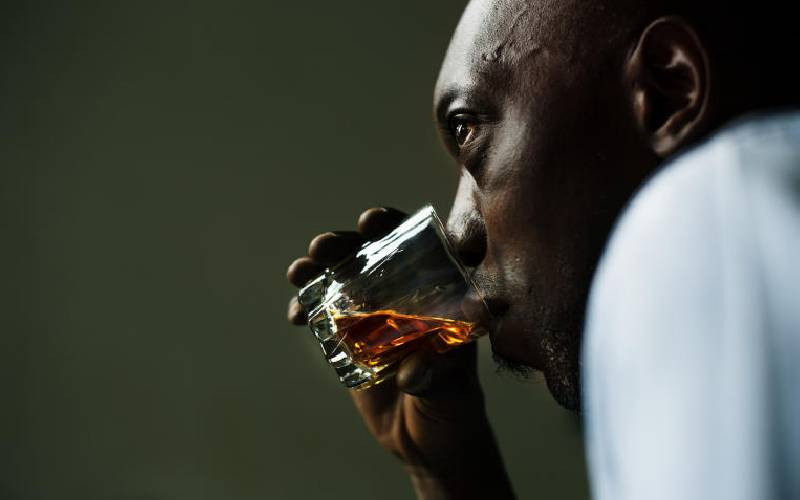×
The Standard e-Paper
Join Thousands Daily

The government on Wednesday announced a raft of radical measures aimed at fighting illicit alcohol and alcoholism that has become a menace in many homes.
The unprecedented measures have been welcomed by anti-alcoholism campaigners who alcoholism should be declared a national disaster.